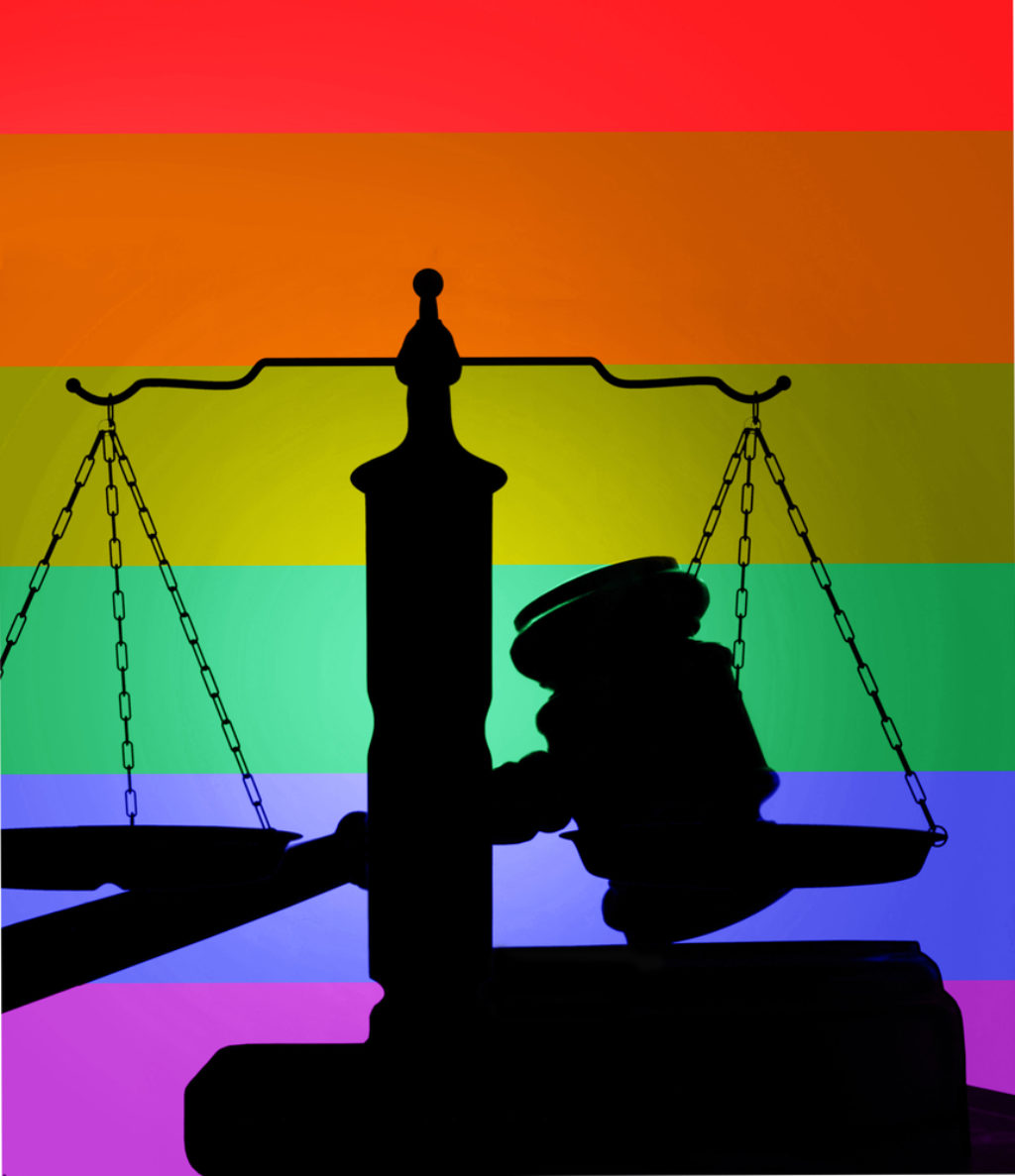The ruling will likely be interpreted by lower courts, which are currently being stacked with Trump appointees.
Legal analysts have rightly noted that Monday’s Supreme Court ruling in Masterpiece Cakeshop v. Colorado Civil Rights Commissionwas narrow — though that’s not a reference to the 7-2 count (with Justices Breyer and Kagan joining the Court’s five Republican nominees). Instead, the ruling that Colorado violated the rights of a man who refused to bake a cake for customers based on their sexual orientation has explicitly limited applicability, and was based on the peculiarities of the case.
Nonetheless, it presents a serious risk of undermining civil rights law in the name of religious freedom, especially given that it invites yet further suits for the court to consider, and will be interpreted by federal courts that Trump is making significantly more conservative through his appointments.
Jack Phillips, the plaintiff in the case, refused to bake a cake selected from his catalog by Charlie Craig and David Mullins once he found out that it would be used for their same-sex wedding ceremony. The couple sued under Colorado civil rights law, which prohibits public accommodations (like a bakery) from discriminating on the basis of sexual orientation. The Colorado Civil Rights Division and Commission both sided with Craig and Mullins, and the Colorado courts upheld the decision the state’s civil rights adjustors. Phillips appealed to the Supreme Court, who agreed to take the case.
The brief filed by the Trump administration’s Department of Justice on behalf of Phillips focused on the argument that the application of Colorado’s civil rights law in this case violated Phillip’s freedom of speech rights under the 1st Amendment, by forcing him to express a message he disagreed with. The free speech argument persuaded just two justices: Justice Clarence Thomas and Trump nominee Neil Gorsuch.
Justice Kennedy’s majority opinion, however, ruled based on a different clause of the First Amendment — the clause protecting the “free exercise of religion.” That argument, though, was not an easy lift legally because, under the 1990 case Employment Division v. Smith, regulations of conduct that incidentally burden religious freedom do not violate the free exercise clause unless they are deliberately targeted at a religious group.
Read the full story at NBC News


